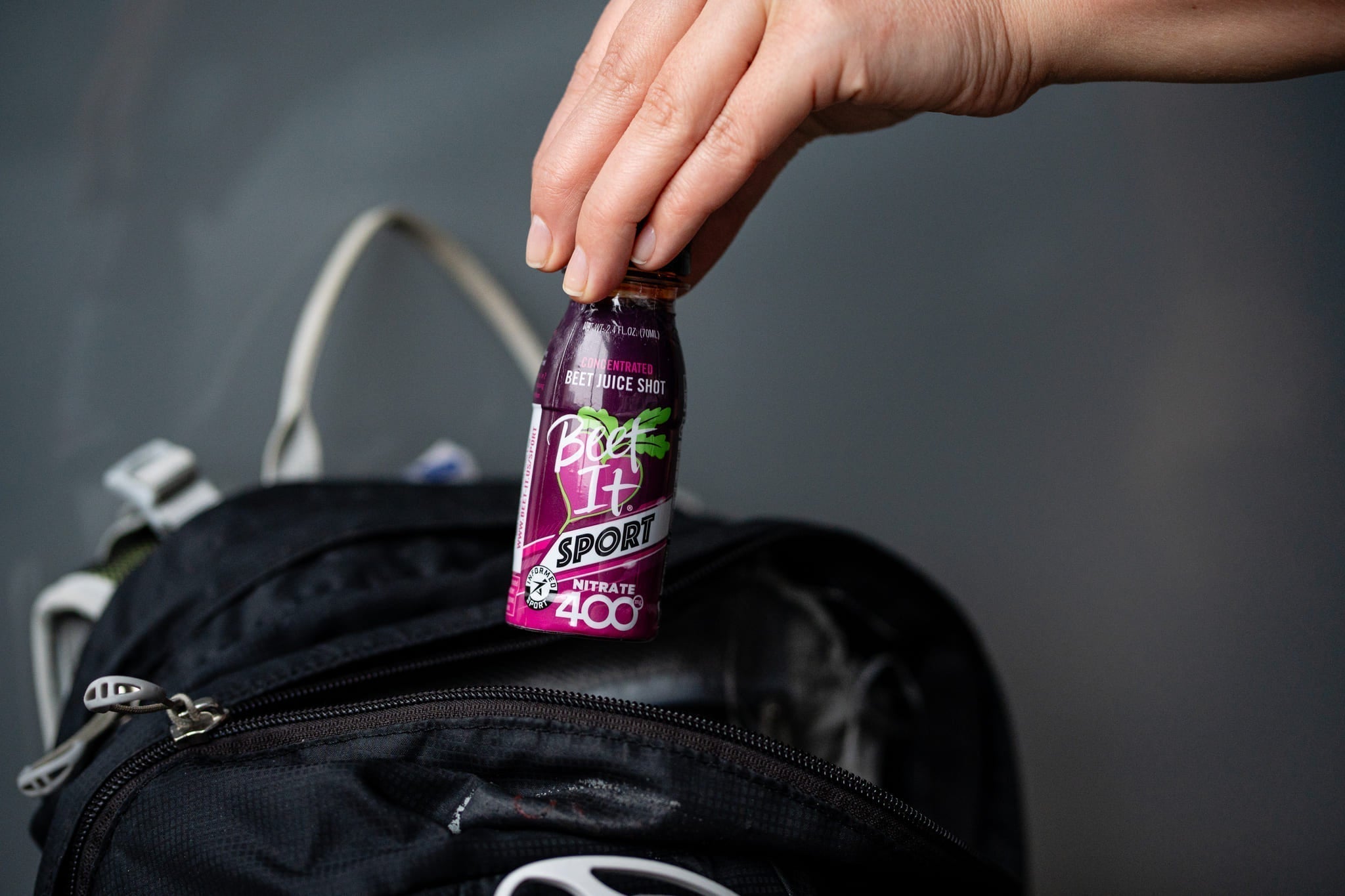Welcome to my weekly summary of the latest research from the world of sports science!
This week's research roundup explores how combining caffeine and beetroot juice can enhance running performance, the detrimental effects of short-term magnesium supplementation on VO₂max and power output, and the role of meditation in mitigating mental fatigue among athletes—read on!
Caffeine and Beet Juice Both Improve Running Performance
This study tested whether caffeine, beetroot juice, or both together could improve 1000m running performance—a key fitness benchmark for many athletes. Twenty healthy male students ran several 1000m time trials after taking different supplement combos: a placebo, caffeine alone, beetroot juice alone, or both together. The caffeine and beetroot juice combo produced the fastest times and the best recovery. Caffeine alone also helped, while beetroot juice had minor effects—and became less helpful after fatigue set in. Caffeine increased heart rate and blood lactate, suggesting it pushed athletes to work harder. Researchers also noted that body fat, sleep, and diet played significant roles in the overall results.
My thoughts: Both caffeine and beetroot juice have tons of research supporting their effectiveness, and it’s great to see their combination being tested in a real-world benchmark like the 1000m run. If you’re looking to shave seconds off your 1000m time, combining caffeine and beetroot juice—like a double espresso and a Beet It Sport Nitrate 400 shot—could be the edge you need, but lifestyle factors like sleep and diet still play a large role!
Short-term Magnesium Supplementation Reduces VO₂max and Power Output
This study looked at how short-term magnesium supplementation affects exercise performance in regular exercisers. Fifteen participants took either a placebo or 300mg of magnesium chloride twice daily before completing a series of cycling tests, including a VO₂max test, a 30-second sprint, and a simulated 10km time trial. While the 10km time trial wasn’t affected, results showed that magnesium supplementation reduced VO₂max and lowered average power output in the sprint test. Muscle biopsies showed decreased mitochondrial function when using fatty acids as fuel, and magnesium didn’t significantly alter gut microbiota diversity.
My thoughts: Studies with negative results are rarely published, often leading to a generalized positive bias. Magnesium supplementation is healthy and recommended for a number of reasons, such as improving sleep quality, but don't expect it to positively impact your performance.
Meditation Helps Athletes Navigate Mental Fatigue
This study looked at whether long-term meditation could help elite athletes improve their focus and reduce mental fatigue. Over 20 weeks, professional male fencers practiced mindfulness meditation three times per week or followed a less-focused routine of listening to unrelated audio. At the end of the study, the meditation group had a better attention span, stronger mental focus, and more stable concentration during thinking tasks. Brain scans showed increased blood flow and oxygen in areas tied to focus and decision-making. They also had lower stress hormone (cortisol) levels and felt less mentally fatigued.
My thoughts: When I studied sports science at Glasgow University, we delved deeply into sports psychology, including a comprehensive course on meditation to control the athletic mind. Over the years, I've applied many of these techniques to calm myself and get in the zone, both in business and sports contexts. This study is fascinating because it analyzes the physiological impact of intentionally integrating meditation into an athlete's regimen. I believe the benefits to athletes are substantial across various sports, but I bet you've never considered meditating as part of your training!
That’s all for this week! If you learned something new and are curious to know more, head over to the Blonyx Blog or my growing list of weekly research summaries where I help you further improve your athletic performance by keeping you up to date on the latest findings from the world of sports science.
– Train hard!
Looking for more ways to keep up with Blonyx?
Now, you can join the Blonyx Strava Club to track your progress, share training tips, and connect with athletes who share your athletic ambition.
You can also follow us on Instagram and Facebook for additional sports science information, announcements, exciting giveaways, and more!




